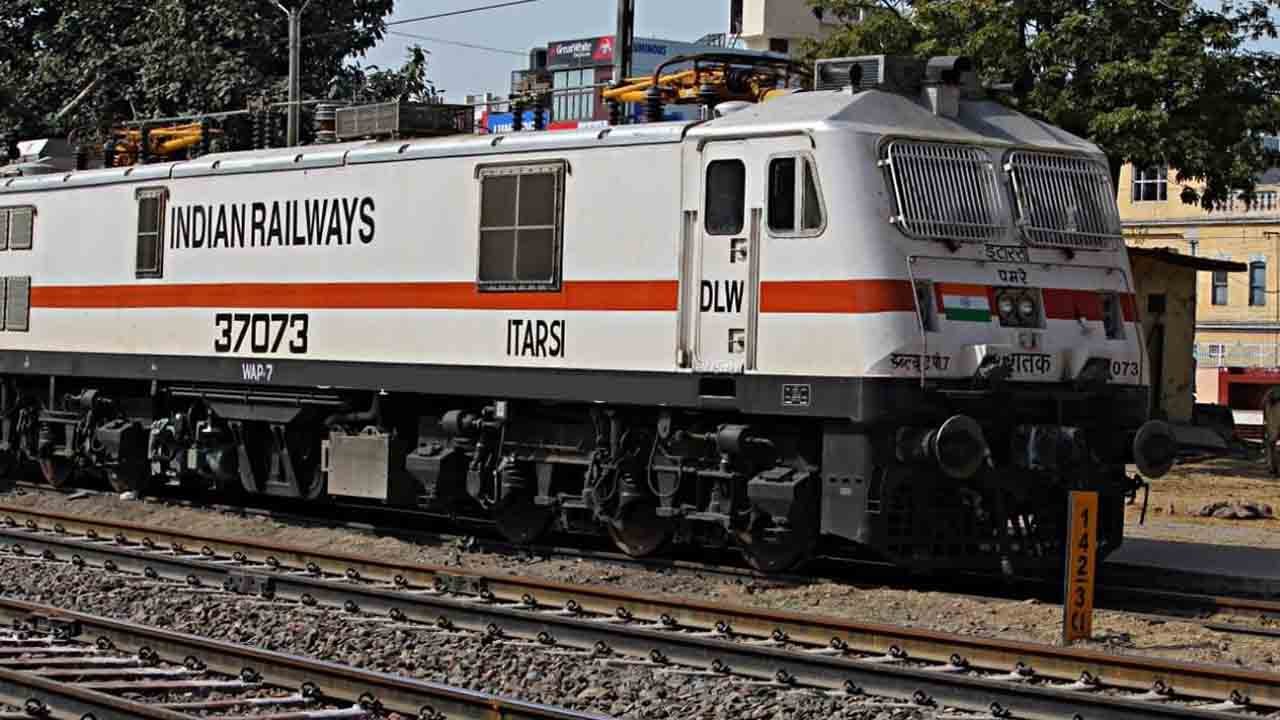Union Minister Ashwini Vaishnaw said the Cabinet Committee on Economic Affairs approved the 309-km new construction project to create the shortest rail link between the two major commercial hubs of Mumbai and Indore.
The total cost of the project is estimated at Rs 18,036 crore, the minister said and is expected to be completed by 2028-29.
The project will generate direct employment for around 120 million person-days, or what Ashwini Vaishnaw described as “Human-days”, during the construction period.
An official statement later said the project is an outcome of Chief Minister Gati Shakti’s National Master Plan for Multimodal Connectivity, enabled by integrated planning, and will provide seamless connectivity for the movement of people, goods, and services.
The project covers six districts of Maharashtra and Madhya Pradesh and will expand the existing Indian Railways network by around 309 km. It will boost tourism in the region by creating shorter routes between the Western/Southwestern parts of the country and Central India. This will increase tourist flow to various tourist/religious sites in the Ujjain-Indore region including Sri Mahakaleshwar Jyotirlinga Temple.
The project will provide direct connectivity from JNPA’s Gateway Port and other government ports to the Pithampur Auto Cluster (comprising 90 large units and 700 small and medium enterprises).
It will also provide direct connectivity between millet-growing districts of Madhya Pradesh and onion-growing districts of Maharashtra, facilitating distribution of millet to the northern and southern parts of the country.
This is a vital route for the transportation of goods like agricultural produce, fertilizers, containers, iron ore, steel, cement, petroleum and lubricants (POL), the statement said. The capacity expansion works will take freight traffic to around 26 MTPA (million tonnes per annum).
“Rail is an environmentally friendly and energy-efficient mode of transport, contributing both to achieving climate targets and minimizing logistics costs for the country, reducing oil imports (180 million litres) and CO2 emissions (138 million kg). One million trees,” it read.
The project will see the construction of 30 new railway stations and improve connectivity to the emerging Barwani district.The new line project will connect around 1,000 villages and around 3 million residents.

